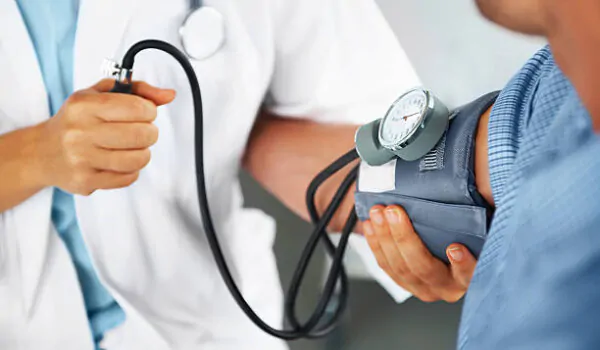
While considering the various medications used to manage high blood pressure, I’m curious to know if there are any potential side effects that individuals may experience when taking these medications, and if so, what are some common examples?




Lost your password? Please enter your email address. You will receive a link and will create a new password via email.
Please briefly explain why you feel this question should be reported.
Please briefly explain why you feel this answer should be reported.
Please briefly explain why you feel this user should be reported.
Antihypertensive medications are drugs that reduce blood pressure and treat hypertension. While these medications are generally safe and effective, they can occasionally cause negative effects in certain people. Here are some potential negative effects connected with common types of antihypertensive medications:
ACE inhibitors (angiotensin-converting enzyme inhibitors):
Dry cough is a typical adverse effect of ACE inhibitors that can be uncomfortable to some people.
Hyperkalemia: ACE inhibitors can raise potassium levels in the blood, which can be harmful in certain people, especially those with kidney impairment.
Angioedema: In rare situations, ACE inhibitors can induce swelling of the face, lips, neck, or tongue, which can be fatal if it impairs breathing.
Angiotensin II Receptor Blockers (ARBs):
Hyperkalemia: Like ACE inhibitors, ARBs can raise potassium levels in the blood.
Dizziness or lightheadedness: Some people may feel these symptoms, particularly when standing up suddenly.
Beta-Blockers:
Bradycardia (slow heart rate): Beta-blockers can reduce heart rate, resulting in symptoms including weariness, weakness, or dizziness.
Cold hands and feet: Beta-blockers may restrict blood flow to the extremities, resulting in cold hands and feet.
Bronchoconstriction: Beta-blockers might exacerbate symptoms of asthma or chronic obstructive pulmonary disease (COPD).
Calcium channel blockers:
Dizziness or lightheadedness: These medications may cause a drop in blood pressure, particularly when standing up quickly.
Peripheral edema: Calcium channel blockers can cause swelling in the ankles and feet.
Constipation: Some people may develop constipation while taking these drugs.
Diuretics:
Diuretics can cause electrolyte imbalances, including potassium, sodium, and magnesium.
Diuretics cause increased urine production, which can lead to more frequent urination.
Dehydration: Excessive fluid loss due to excessive urination might cause dehydration in some people.
It is crucial to remember that not everyone will experience adverse effects from antihypertensive drugs, and these effects can vary based on the individual and the medication. Furthermore, many adverse effects can be treated or reduced by carefully monitoring and adjusting the pharmaceutical regimen. If you have any troubling side effects while using antihypertensive drugs, you should speak with your doctor.